Optimal Seasons for Landscaping Projects
Landscaping projects are most effective when scheduled during optimal seasonal periods, ensuring healthy growth and long-lasting results. The timing depends on regional climate conditions and the specific types of plants and features involved.
Spring is ideal for planting flowers, shrubs, and trees as soil warms and moisture levels are suitable for growth.
Summer is suitable for ongoing maintenance, watering, and establishing new features, especially in regions with mild summers.
Fall offers cooler temperatures and increased rainfall, making it a good time for planting perennials and preparing landscapes for winter.
Winter is generally less suitable for planting but can be used for planning, design work, and installing hardscape features in milder climates.
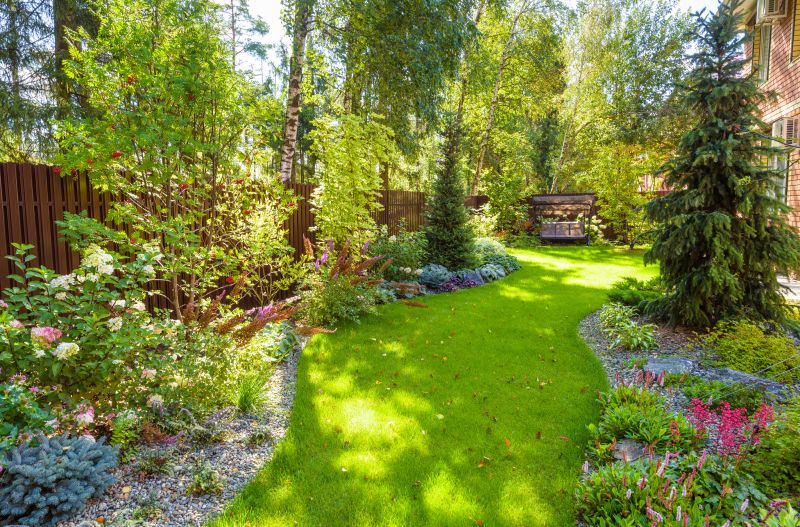
Ways to make Landscapings work in tight or awkward layouts.
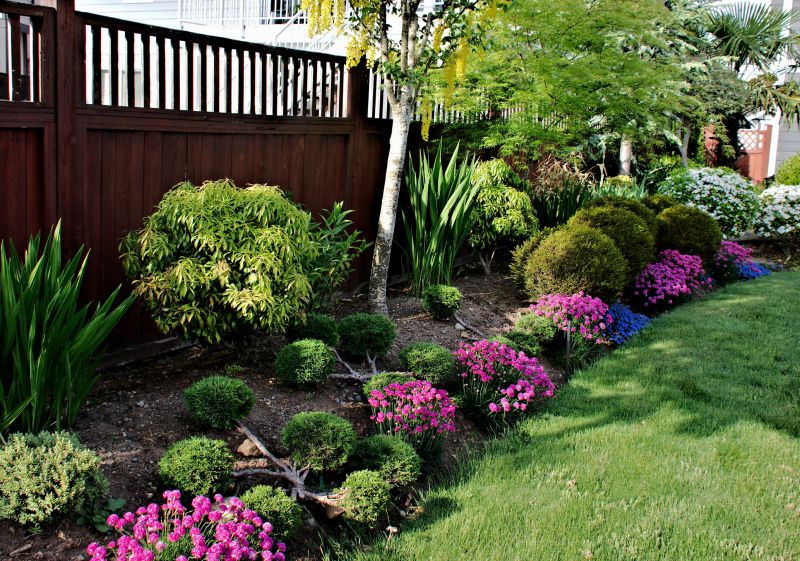
Popular materials for Landscapings and why they hold up over time.
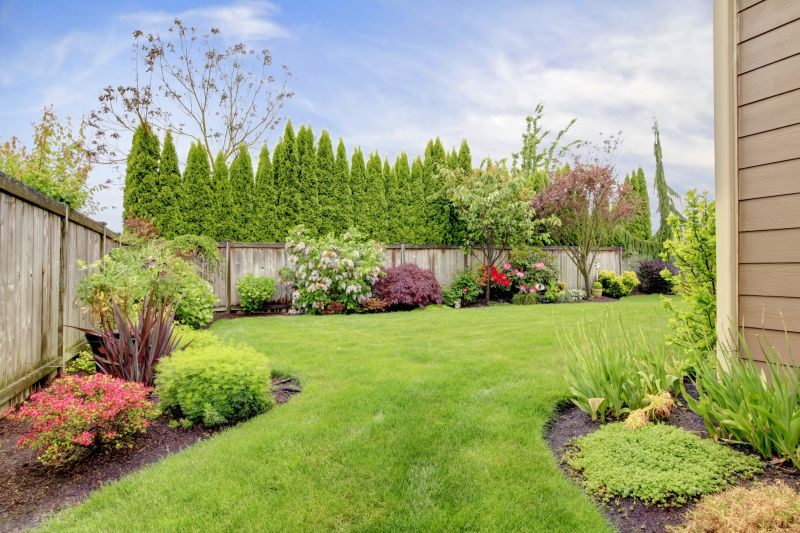
Simple add-ons that improve Landscapings without blowing the budget.
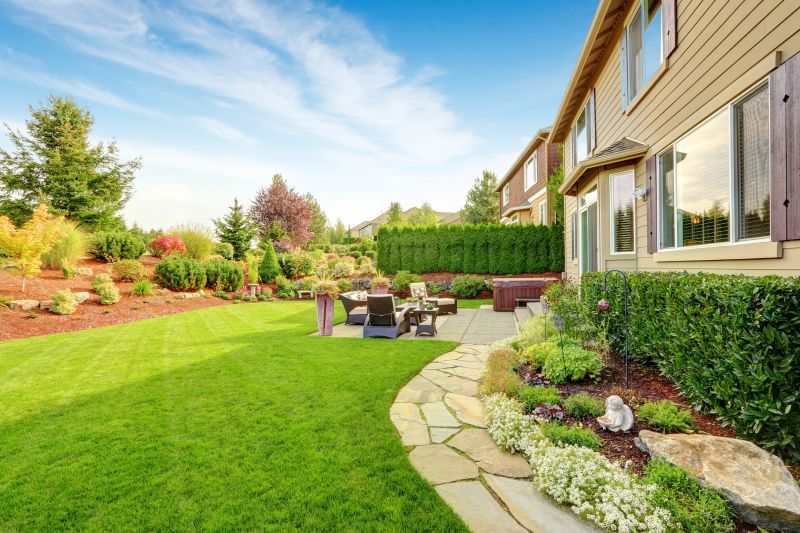
High-end options that actually feel worth it for Landscapings.
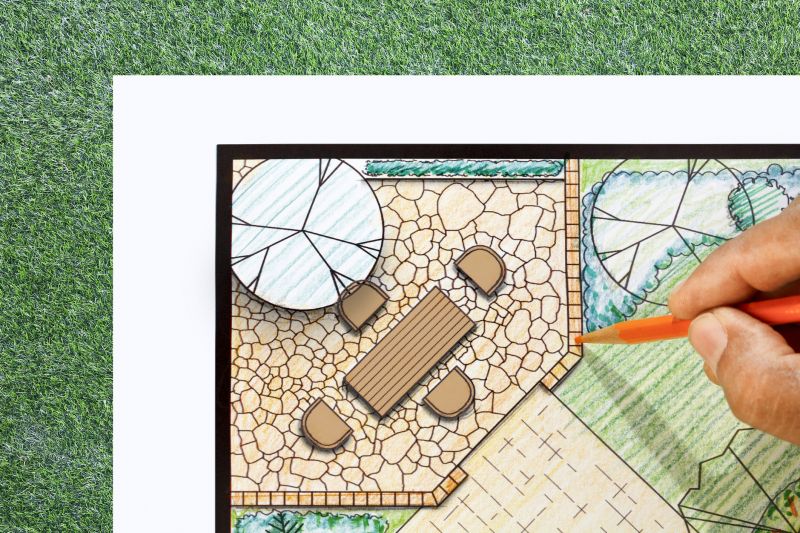
Finishes and colors that play nicely with Landscapings.

Little measurements that prevent headaches on Landscapings day.
Landscaping enhances outdoor spaces by adding aesthetic appeal, increasing property value, and improving functionality. Proper timing ensures plants establish well and features mature as intended. Statistically, properties with well-maintained landscapes tend to see higher market values and attract more interest from buyers.
In regions like Minnesota, timing is crucial due to seasonal temperature fluctuations. Planning landscaping projects around the local climate can lead to better plant survival rates and reduced maintenance needs over time.
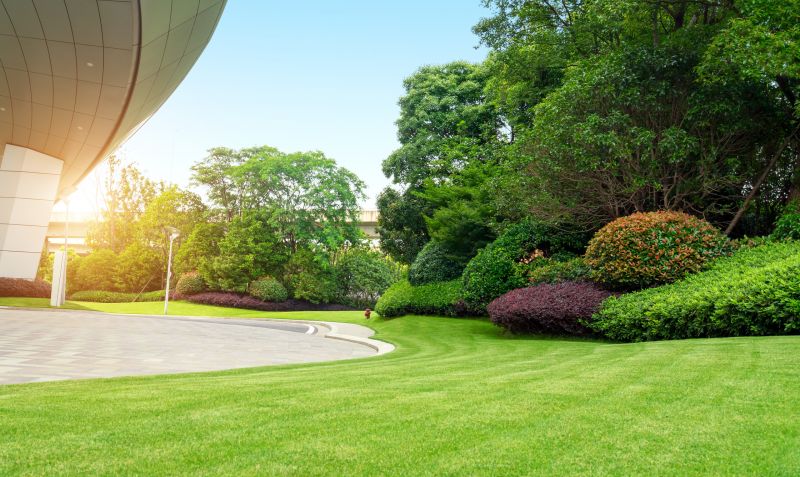
A 60-second routine that keeps Landscapings looking new.
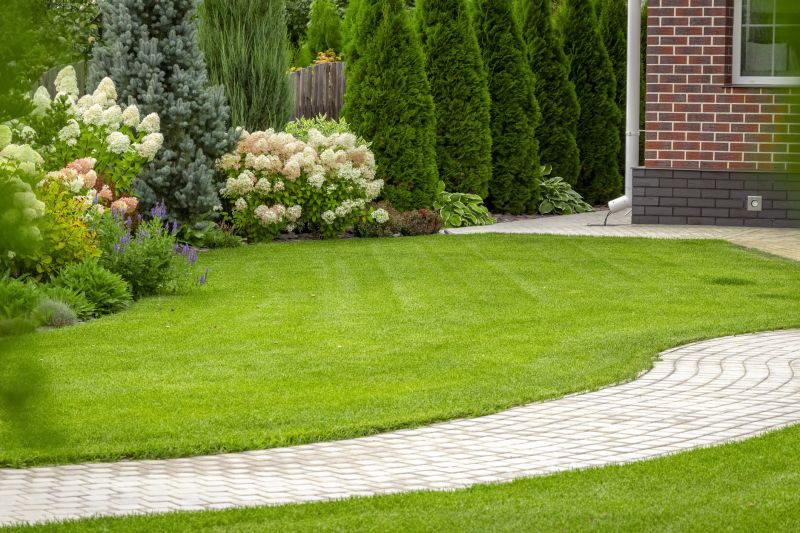
A frequent mistake in Landscapings and how to dodge it.
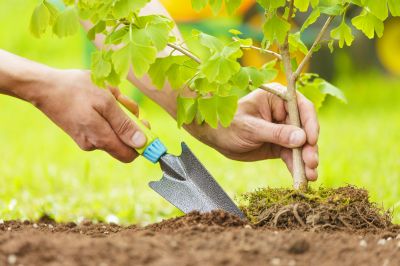
Small tweaks to make Landscapings safer and easier to use.
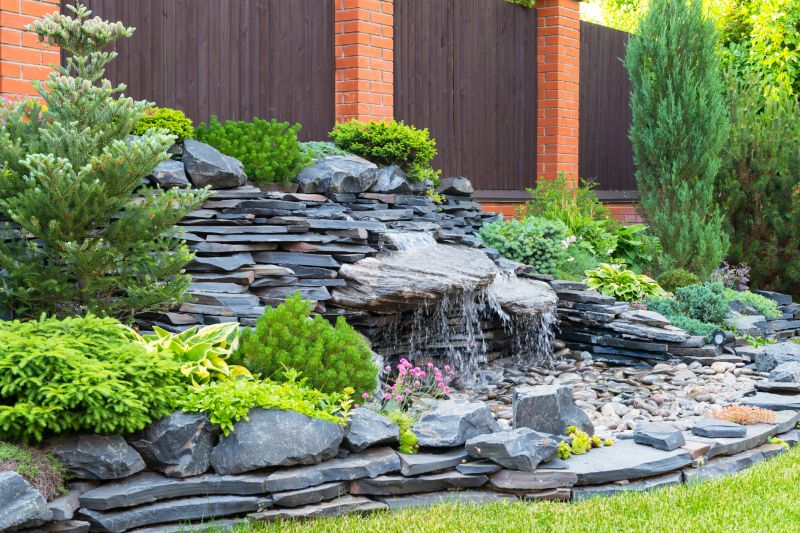
Lower-waste or water-saving choices for Landscapings.
| Season | Ideal Activities |
|---|---|
| Spring | Planting flowers, shrubs, and trees; soil preparation. |
| Summer | Maintenance, watering, and establishing features. |
| Fall | Planting perennials, preparing for winter. |
| Winter | Design planning, hardscape installation. |
| Early Spring | Early preparation for upcoming projects. |
| Late Fall | Final planting and landscape cleanup. |
Timing landscaping projects appropriately can lead to healthier plants, more vibrant landscapes, and reduced long-term costs. Consulting local climate guides and experienced landscapers can optimize project success.

